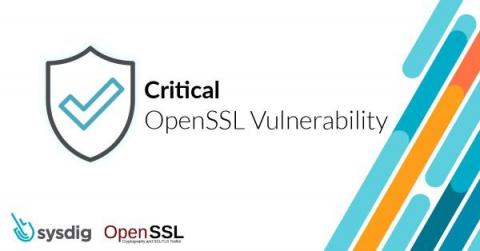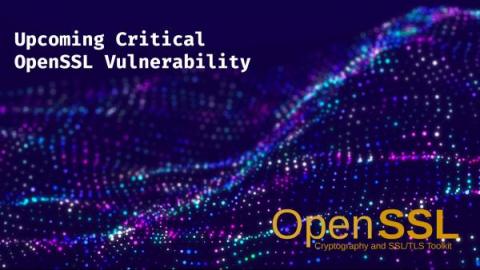How the Critical OpenSSL Vulnerability may affect Popular Container Images
The big news this week is that a new CRITICAL OpenSSL vulnerability will be announced on November 1st, 2022. Critical-severity OpenSSL vulnerabilities don’t come along every day – the last was CVE-2016-6309, which ended up only affecting a single version of the software. The more famous vulnerability, known as Heartbleed, came out in 2014. Will this be more like Heartbleed or the vulnerability in 2016? We will soon find out.











